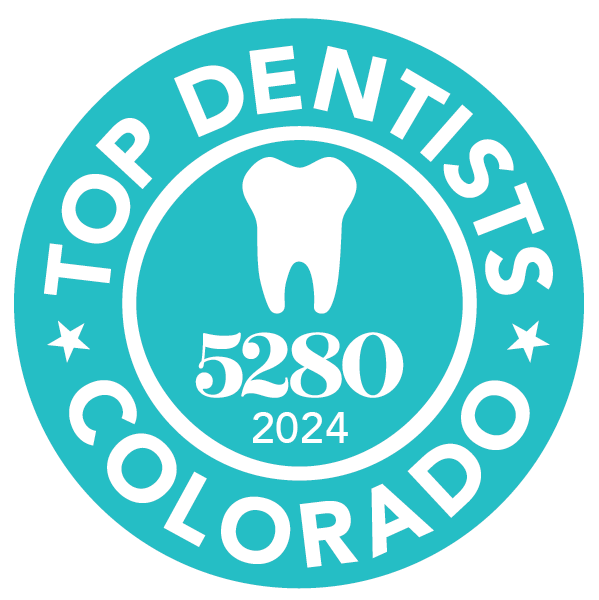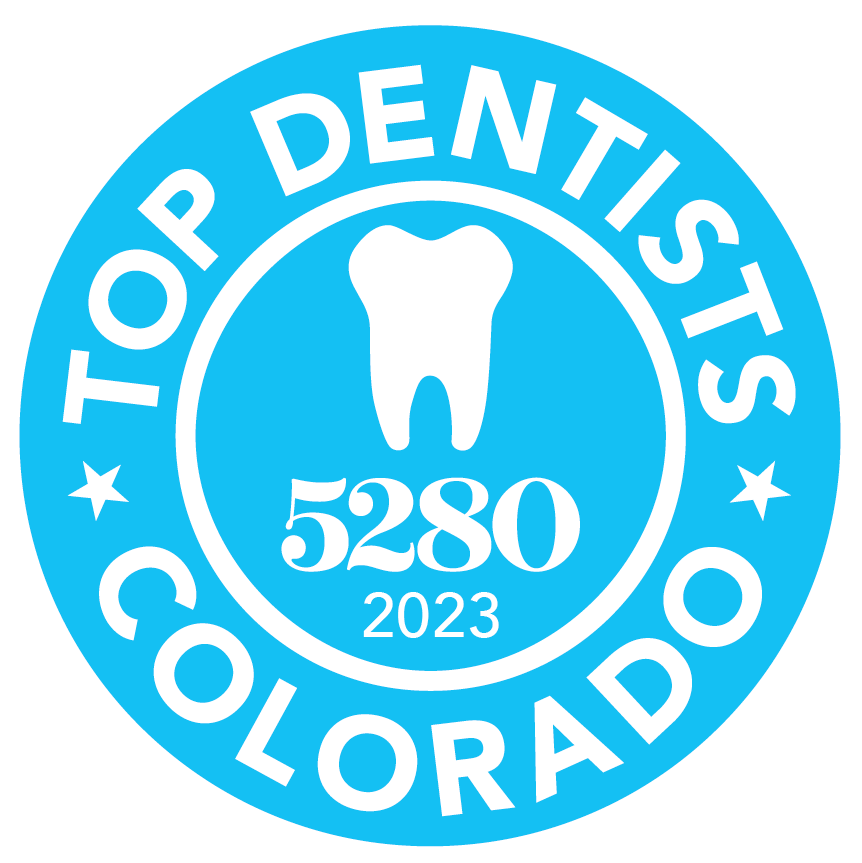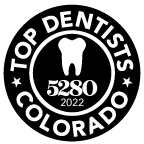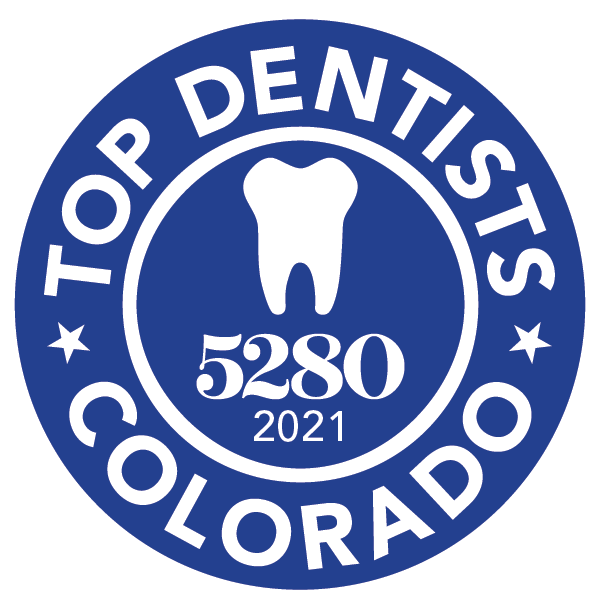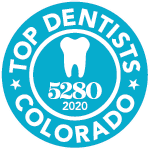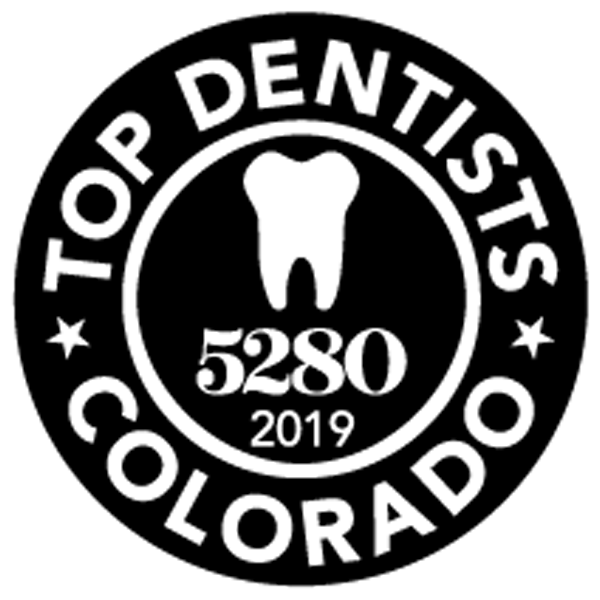A great majority of people use the words ‘plaque’ and ‘tartar’ interchangeably, but there are few important differences between the two that you should be aware of. Both words describe a buildup of plaque on the teeth, but in different stages. Here at Littleton Implants & Periodontics, it’s important to us that our patients are well educated and able to make decisions about their oral health.
Dental Plaque
Dental plaque is a clear, sticky substance, which is constantly building up on the surface of the teeth. Plaque is formed when saliva combines with the food particles and sugar, and this is the substance that can make your teeth feel dirty and sticky between brushing.
Because dental plaque can start to form only a few hours after you brush your teeth, it’s important that your brushing and flossing multiple times a day or after each meal. The removal of this plaque is essential to keeping your smile healthy, beautiful, and strong for an entire lifetime!
Dental Tartar
Tartar is what will occur if you allow the plaque on your teeth to build up uninterrupted. Eventually the plaque will harden onto the teeth, forming dental tartar, sometimes known as calculus. Unlike plaque, tartar cannot be removed by a toothbrush and will require a professional dental cleaning in order to remove. The longer you allow tartar to build up, the more difficult it will be to completely remove.
Tartar will increase the odds of tooth decay, dental cavities, and gum disease, which can be painful and costly to treat. The key to keeping your teeth and gum tissues healthy is to practice good at-home oral hygiene. This means making sure to brush your teeth at least twice a day, floss every day, and visit your dentist for a general dental cleaning and a checkup, every six months.
If you’re concerned about your gum health, please contact Littleton Implants & Periodontics. Our periodontics office is located here in Littleton, Colorado.
